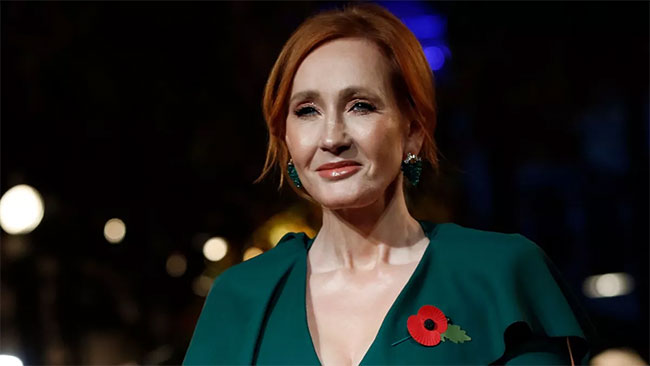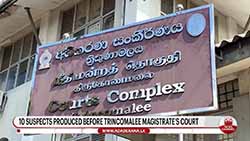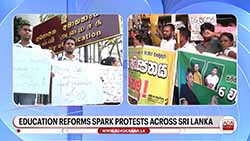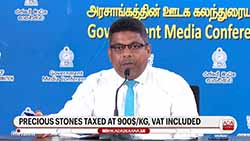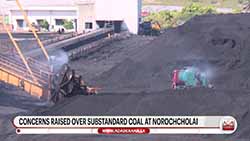JK Rowling dares police to arrest her over anti-trans statements
April 2, 2024 05:02 pm
JK Rowling has challenged Scotland’s new hate crime law in a series of social media posts - inviting police to arrest her if they believe she has committed an offence.
The Harry Potter author, who lives in Edinburgh, described several transgender women as men, including convicted prisoners, trans activists and other public figures.
She said “freedom of speech and belief” was at an end if accurate description of biological sex was outlawed.
Earlier, Scotland’s first minister Humza Yousaf said the new law would deal with a “rising tide of hatred”.
The Hate Crime and Public Order (Scotland) Act 2021 creates a new crime of “stirring up hatred” relating to age, disability, religion, sexual orientation, transgender identity or being intersex.
The law does not protect women as a group from hatred.
The Scottish government is expected to include this later in a separate misogyny law.
Ms Rowling, who has long been a critic of some trans activism, posted on X on the day the new legislation came into force.
She wrote: “Scottish lawmakers seem to have placed higher value on the feelings of men performing their idea of femaleness, however misogynistically or opportunistically, than on the rights and freedoms of actual women and girls.”
She added: “It is impossible to accurately describe or tackle the reality of violence and sexual violence committed against women and girls, or address the current assault on women’s and girls’ rights, unless we are allowed to call a man a man.
“Freedom of speech and belief are at an end in Scotland if the accurate description of biological sex is deemed criminal.”
Ms Rowling highlighted some criminal cases, including transgender rapist Isla Bryson and Andrew Miller, who abducted and assaulted a girl in the Scottish Borders.
She described them as men in a series of posts, that also included transgender campaigners and other individuals.
Ms Rowling said: “I’m currently out of the country, but if what I’ve written here qualifies as an offence under the terms of the new act, I look forward to being arrested when I return to the birthplace of the Scottish Enlightenment.”
Police Scotland said it had not received any complaints over the posts.
Prime Minister Rishi Sunak said people should not be criminalised for stating “simple facts on biology”.
In a statement given to The Daily Telegraph, he promised that his party would “always protect” free speech.
The maximum penalty under the new act in Scotland is a jail sentence of seven years.
A person commits an offence if they communicate material, or behave in a manner, “that a reasonable person would consider to be threatening or abusive,” with the intention of stirring up hatred based on protected characteristics.
Stirring up hatred based on race, sexual orientation and religion was already illegal in Great Britain under the Public Order Act 1986, but that will also now fall under the new act in Scotland
The bar for this offence is lower than for the other protected characteristics, as it also includes “insulting” behaviour.
In England and Wales stirring up hatred over race, religion or sexual orientation by threatening behaviour remains illegal.
In Scotland, the new act also consolidates existing laws on crimes which are “aggravated by prejudice” towards a protected characteristic.
This can be taken into account by a judge who might issue a longer sentence or a higher fine.
A protest group of around 200 people gathered outside the Scottish Parliament in Edinburgh on the morning the new law came into effect.
The Scottish government said the Hate Crime Act would provide protection from hate and prejudice without stifling individual expression.
First Minister Humza Yousaf said it was designed to deal with what he called a “rising tide of hatred” in society.
In response to general criticism of the act, he said: “Unless your behaviour is threatening or abusive and intends to stir up hatred, then you have nothing to worry about in terms of the new offences being created.”
Source: BBC



